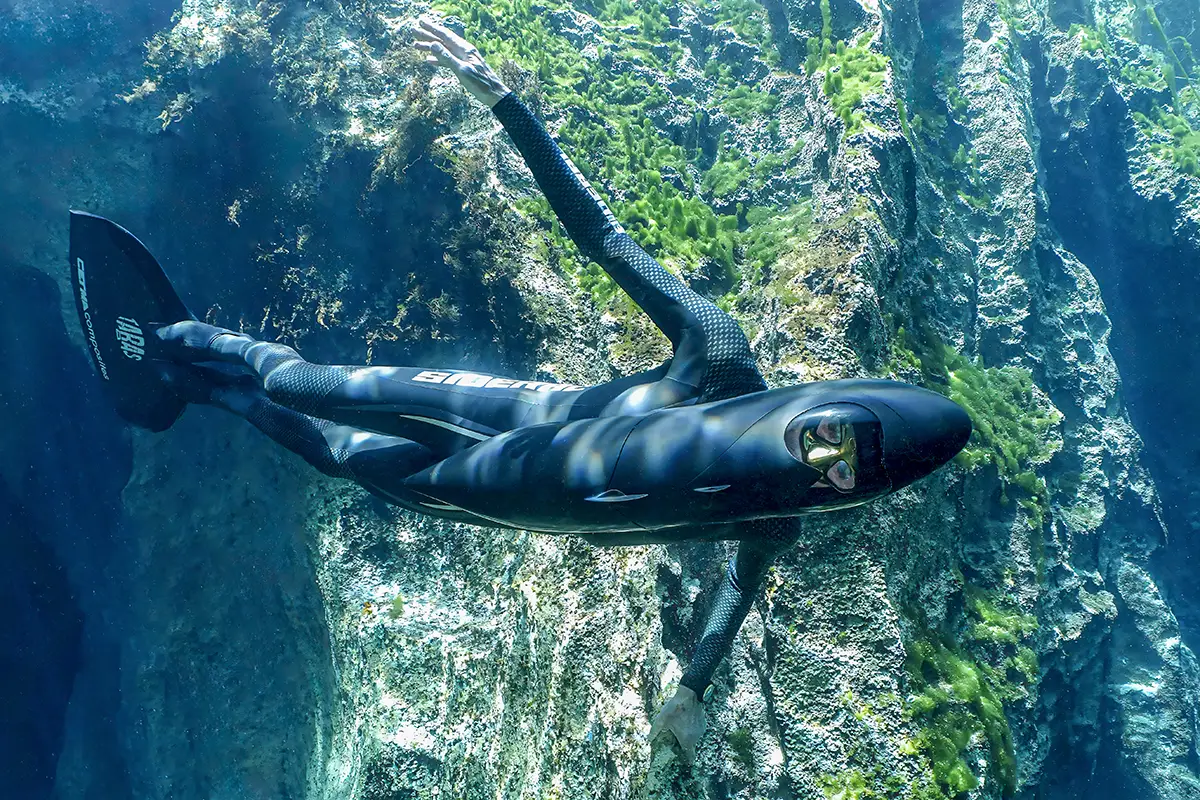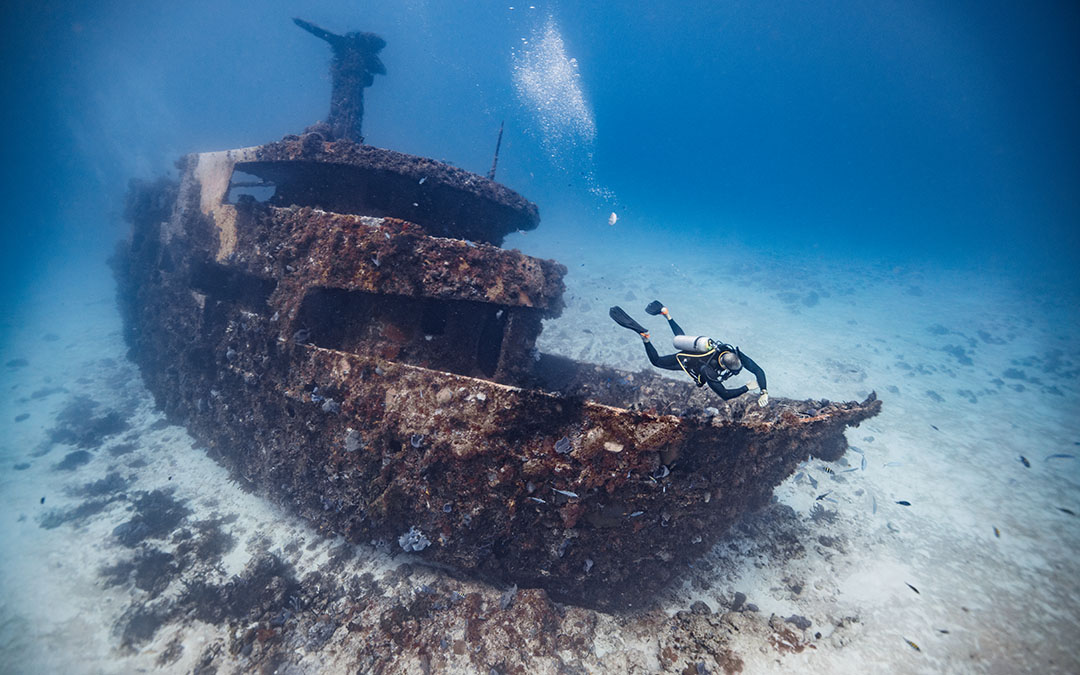I agree with the too much training too little diving shout. I'd say SD is perfect for an intro to most things UK diving, then book a trip to Scapa. It can be done really nicely for a first visit on a 15 and pony within the 40m limit and 15 mins planned deco if you want. I'd not say DL is worth it at this stage with the 40m limit now, and you're not going to be organising trips for others necessarily at this point. Up the M6 to the Sound of Mull for the classic wrecks is another good way to get some nice 30-35m diving in for development too.
QC in branch can be challenging, but regional teams can help and thats worth a look out. In branch as SDCs you can run Buoyancy and Trim workshop, Twinset diver and Accelerated Decompression Procedures, which will give you decent diving and the tech package as a starter, and a nice basis for the next visit to Scapa. Alternatively you can look at an Intro to Tech course or Fundies if so inclined to cover off the B&T workshop and twinset diver equivalence, then add on ANDP, Helitrox or T1 or whatever you fancy. There are some good Tech instructors in the area you can tap into, I'd suggest Ian France or Tim Cutter as starting points for non GUE, or Rich Walker comes up to Capers moderately often for Fundies. Cards on the table, Fundies/T1 completely blew the BSAC route out of the water for me having done both paths. (My path: SD => Fundies => DL => B&T, ADP => T1).
Timeline wise, I'd smash SD out over winter and spring, that should be doable, look at a SoM trip early season for depth progression, then maybe your SDCs and development through summer mixed into normal diving (they're just easier if you're dived up) and finish in Scapa in September. A cracking year!







